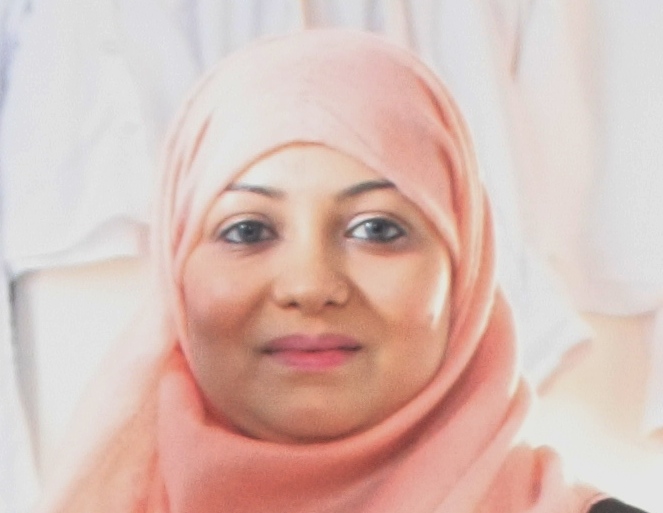“They should not suffer in silence”, says Amina Begum, a full time carer for her mother, of why we need more culturally specific dementia services for black and South Asian communities.
Speaking to me for a Guardian piece published today ahead of World Alzheimer’s Day on Sunday, Amina spoke about the contrast in support between when her father had Alzheimer’s (he died seven years ago) and today, as she cares for her mother, Jahanara, who has vascular dementia.
Amina is lucky; there is strong targeted support in Tower Hamlets for the area’s Somali, Chinese and Bengali communities. But while there are pockets of great practice, such as the Alzheimer’s Society’s monthly “dementia cafes” that Amina and her mother attend, such specialist care is not widespread. This is despite the fact that African-Caribbean and South Asian UK communities are at greater risk of developing dementia than the indigenous white population.

Amina told me that as she hears her mother swaps childhood stories with her peers at the Sylheti-speaking dementia cafe, she sees another side to her 65-year-old parent. Jahanara is at ease and animated instead of being confused and frustrated. The pair are among around 200 regulars at the social club for the area’s Bengali community based at the East London Mosque. Continue reading the full piece here.
*Amina and her two daughters are taking part in the fundraising Memory Walk on Saturday 28 September which aims to raise money for research into dementia.
